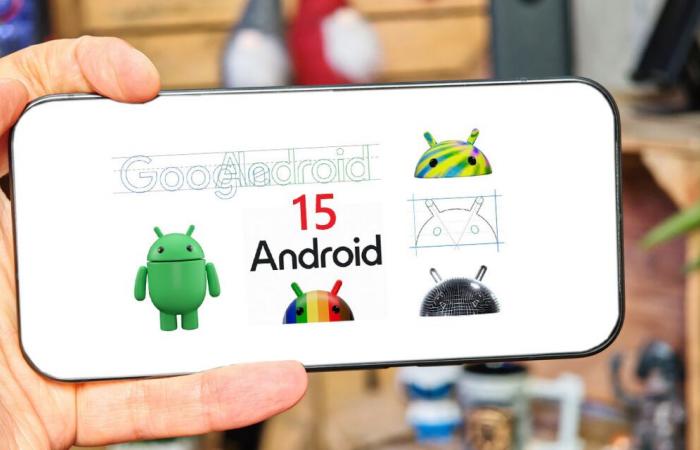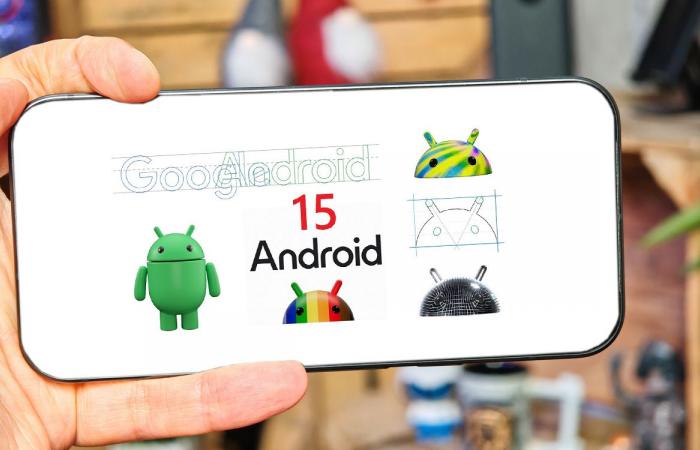17 years ago, Android took its first steps into the world of mobile operating systems. What started as a developer project has become a global benchmark, with more than three billion users. A look back at the incredible journey of this OS which transformed the mobile industry.
In November 2007the mobile operating system landscape was in turmoil. The iPhone, freshly launched a few months earlier, inaugurated the era of smartphones modern with iOS. In this context, Android established itself with an innovative approach: offering a open-source systemopen to all developers. This project, supported by the giant Google and other companies united within the Open Handset Alliance, promised to revolutionize uses by allowing greater personalization of phones.
The first version of Androidin the beta phase, was thus born November 5, 2007. Far from being as sophisticated as current versions, it nevertheless wore the basics of a scalable system and open. The promise was simple but bold: to allow developers to design varied applications for millions of potential users. In 2008, a year after the beta release, the HTC Dream became the very first smartphone to integrate Android 1.0. With its 3.2-inch screen, its 528 MHz processor and its characteristic design, this model marked the beginning of the Android success story.
Android celebrates 17 years of innovation and transformation
Today, Android has come a long way and is at in the 15th version. The operating system has been enriched with countless features, ranging from security reinforced with tools personalization advances. With more than three billion users in the world, the latter has become well more than just an OS for smartphones. The current version, Android 15, introduces privacy-focused features and many improvements. These discreet but powerful advances show that it continues to adapt to modern expectations without ceasing to innovate.
In addition to the evolution of the software, Android benefits from a integration reinforced with theartificial intelligencenew hardware capabilities and an ever richer ecosystem. Each year, the OS introduces improvements to meet the expectations of its users while keeping its basic principle: a open and accessible system. As he celebrates his 17th birthdaythe latter shows that its trajectory is far from complete. Google and its partners continue to expand its universe and pave the way for future innovations for years to come.







